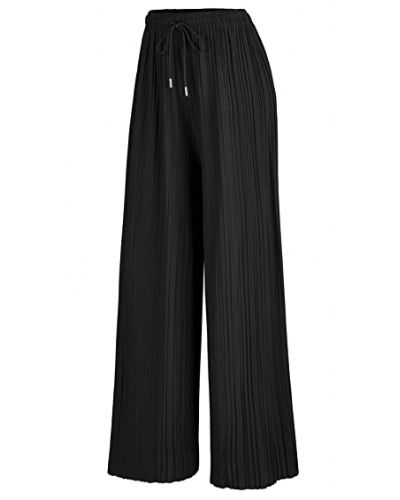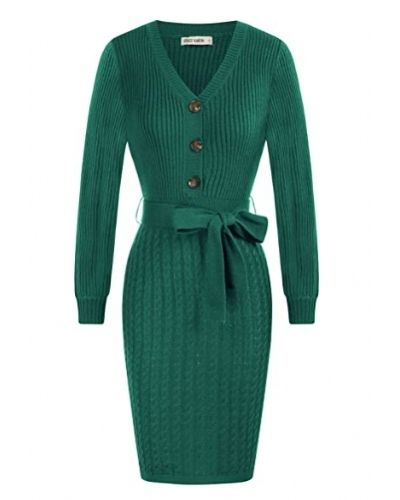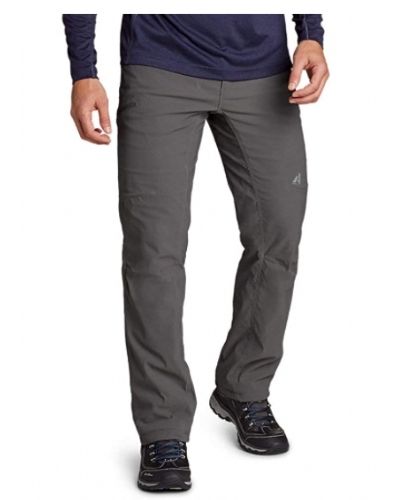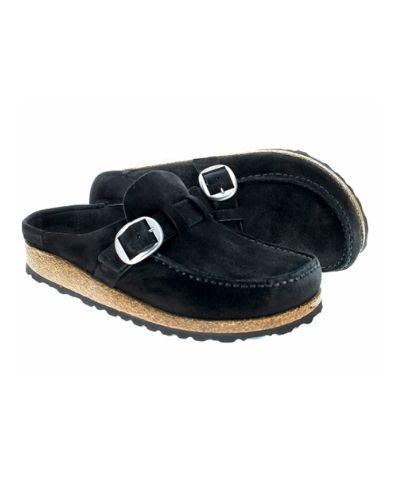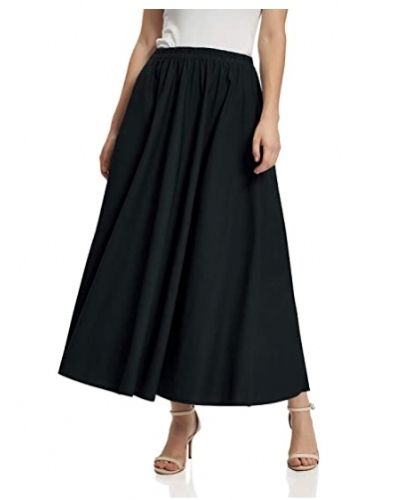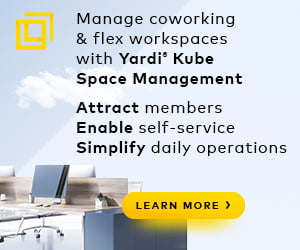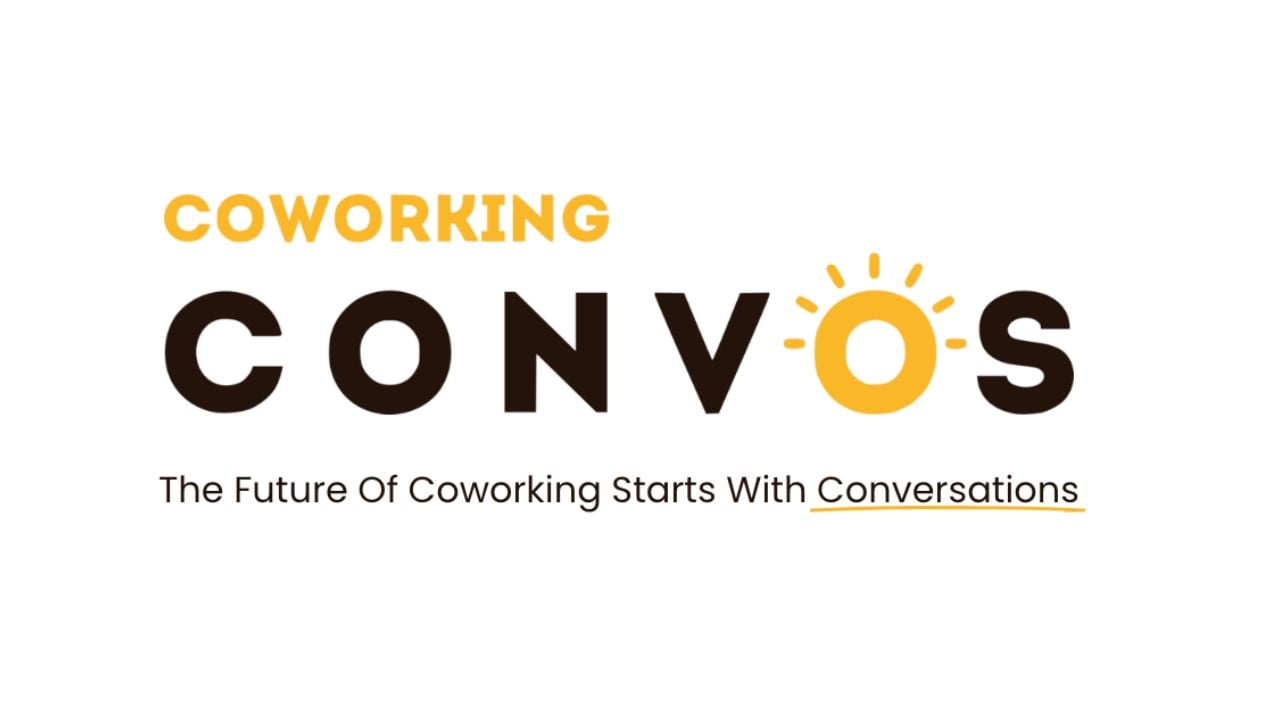- People do not want to give up the feeling of comfort that they grew accustomed to during the pandemic.
- Offices are embracing the new trends and recognizing that formal attire does not necessarily equate to increased productivity.
- Eco-friendly labels and sustainable work wear will be very much sought after.
Allwork.Space is supported by its readers, and this page contains sponsored links. Allwork.Space earns a small commission when you click an affiliate link and make a purchase, at no additional cost to you. Read our full website policy here.
Over the last 21 months, many of us have spent a great deal of time working from home in the most comfortable clothing we could dig out from our wardrobe.
It, therefore, comes as no surprise that a recent BBC Worklife article reported that clothing sales in the UK experienced the largest annual fall in profits since records began.
It’s a similar story in the US, where fashion companies saw a 90% decline in profit in 2020. A large portion of this decline was attributed to poor business fashion sales – as office workers swapped formal attire for casual wear.
Has the pandemic exacerbated the demise of formality at work and the end of traditional business attire or was it merely a temporary reprieve?
The suited and booted look has been on the decline for some time – the pandemic merely accelerated its fall in popularity as employees made the transition to working from home.
Last summer Brooks Brothers (the formal menswear chain that has dressed many a US President) caused shockwaves across the industry when they had to file for bankruptcy after years of declining sales.
With flexible work practices here to stay, it is now unlikely that formal business attire will ever again be the dominant look at work.
Neckties and suits are being replaced by a much more casual look (although outside of tech you will still be hard-pressed to find a CEO in a hoodie).
Is there a link between dressing up for work and productivity or has the pandemic led employers to realise that how we dress for work has no real impact on our work ethic and productivity?
Some industries will continue to require a uniform or a certain style of clothing relative to the role (lab technicians, for example). Most companies have some guidelines when it comes to what to wear in the office and employees have a responsibility to ensure that they are aware of what is or is not acceptable.
The jury, however, is still out on whether there is a relationship between what we wear and productivity.
Many studies have indicated that there is no correlation (and some have even shown that casual attire leads to increased productivity). However, these studies have been relevant to only a few industries and are by no means conclusive.
Despite this lack of evidence, formal suits will become the domain of a few traditional professions as functionality and comfort take precedence.
Smart casual will be the way forward, with most companies embracing the change.
Post-pandemic work fashion
During the pandemic most of us enjoyed wearing loungewear. Although there will be major differences, a return to the office does not mean we have to ditch the comfort that we became accustomed to.
Helen Lambert, an international trends expert and CEO of The Style Pulse, believes that people will want to wear clothing that they are able to move more freely in, yet are durable and sustainable.
Lambert states “Comfortable dresses will replace the chic loungewear that was popular at the start of the pandemic. Men will let go of their ties and suit jackets and opt for more laid-back button-ups.”
The focus on sustainability is becoming more important than ever in the fashion industry.
People are seeking out eco-friendly labels and changing their buying habits. How their clothing is made and the sustainability of the material is just as important as how it looks.
The pandemic gave many of us an opportunity to take stock of our lives and reflect on what was important. The focus is shifting from fast, mass factory-produced fashion to sustainable clothing.
Consumers will increasingly consider the journey their garments have undertaken before they arrive at the point of purchase.
Office fashion will become less about ego and more about eco – in place of power dressing, we will want to invest in durable, yet comfortable pieces for work. A hybrid work model will enable this change, as going into the office less frequently will mean that we will not need to buy as many clothes for work as we once did.
According to an article in Purewow online, the future of work wear is all about casualization. No longer will employees be frowned upon for wearing sneakers and a sustainable t-shirt to the office (less so if the sneakers are vegan).
So what are the key future work wear predictions for 2022 and beyond?
Looser silhouettes – such as wide legged, elasticated pants
Knitwear – including dresses, textured cardigans, and shawls
Athleisure (athletic clothing that is both comfortable and aesthetically appealing)
Comfortable shoes and orthopedic sandals– think Crocs, Birkenstocks, and chunky loafers
Less structured skirts and dresses (flowy, layers, pleats etc.)
Boxy, oversized sweaters that can be worn in a multitude of ways
What are the key takeaways from these trends?
- Breathable fabrics
- Durability and functionality
- Loose, less structured tailoring
- Mix and match pieces
Will the new era of flexible working mean that we are much more functional in terms of how we dress?
Perhaps ‘dressing up’ will be exclusively for important meetings and presentations. It depends on the demands of your particular profession.
The future of work wear is exciting because of the opportunity to create new trends as we enter a post-pandemic era. Showing the office that you mean business no longer has to mean wearing a power suit – it could be as simple as investing in bold, bright colours, eye-catching patterns, and some statement jewellery.
The future of office wear is about embracing what is already available to you and then investing in a few new items without breaking the bank.
There’s no need for a complete wardrobe overhaul. Who knows – we may be working from home once again in the not too distant future!

 Dr. Gleb Tsipursky – The Office Whisperer
Dr. Gleb Tsipursky – The Office Whisperer Cat Johnson – Coworking Marketing Maven
Cat Johnson – Coworking Marketing Maven Angela Howard – Culture Expert
Angela Howard – Culture Expert Drew Jones – Design & Innovation
Drew Jones – Design & Innovation Andrea Pirrotti-Dranchak – Competitive Advantage
Andrea Pirrotti-Dranchak – Competitive Advantage Jonathan Price – CRE & Flex Expert
Jonathan Price – CRE & Flex Expert Jeremy Fennema – Tech Innovation Alchemist
Jeremy Fennema – Tech Innovation Alchemist



